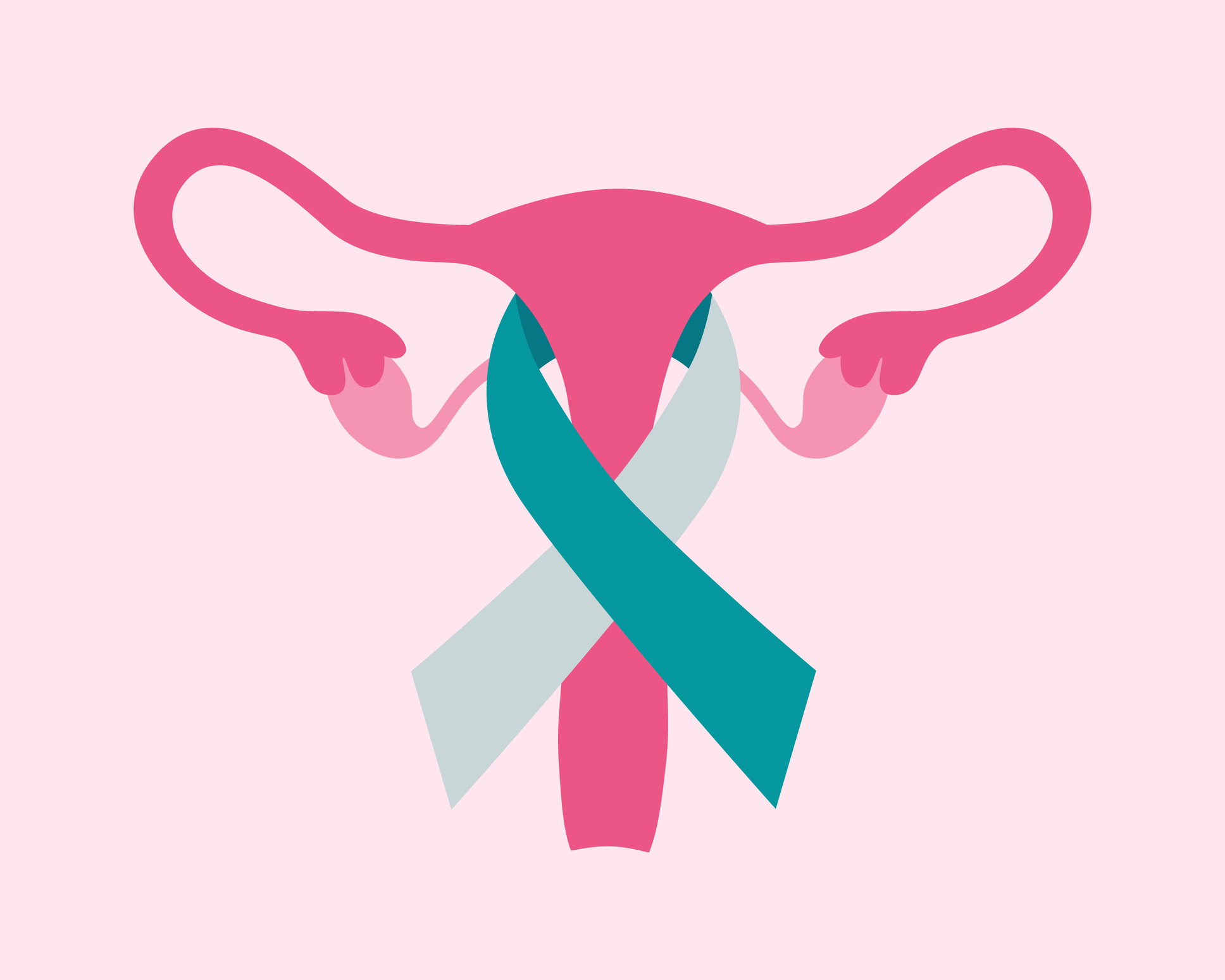Why We Require An Up-To-Date CST

Your health and safety are our top priorities. As part of our commitment to providing high-quality fertility care, we require an up-to-date Cervical Screening Test (CST) result before proceeding with treatment.
What is a CST?
The Cervical Screening Test (CST) is the current method used in Australia to screen for human papillomavirus (HPV), the virus that causes most cervical cancers. It has replaced the Pap smear and is typically recommended every five years for individuals aged 25 to 74.
Why It Matters for Fertility Treatment
- Protecting Your Health: The CST helps detect early changes in cervical cells that could lead to cancer. Ensuring your screening is current allows us to identify and manage any abnormalities before starting fertility treatment.
- Treatment Readiness: Fertility procedures, especially those involving hormonal stimulation or cervical access (like IUI or embryo transfer), require a healthy cervix. An up-to-date CST confirms there are no underlying issues that could interfere with your treatment or compromise your reproductive health.
- Compliance with National Guidelines: As a licensed medical provider, we follow national cervical screening and fertility guidelines. Requiring a current CST aligns with these standards and ensures we offer care that is both ethical and evidence-based.
When Should You Provide It?
If you’re planning fertility treatment with us, please ensure your CST result is less than 5 years old and clear of any abnormalities. If you’re unsure when your last screening was, we recommend contacting your GP or arranging a test prior to your initial consultation.
Where Can You Get a CST Done?
You can have a Cervical Screening Test done through several accessible options:
-
Your GP: Most general practices offer CST appointments and can send your results directly to you and your referring specialist.
-
Women’s Health Clinics: Local sexual health and women’s health clinics also provide CST services, often with female practitioners if preferred.
-
Self-Collection: If you're eligible, you can choose to collect your sample using a self-collection kit. This method is just as accurate as a doctor-collected sample for detecting HPV. Self-collection is now widely available—SHINE SA offers a free telehealth appointment to assess your eligibility and provide access to the kit, or you can request one directly from your GP if you prefer.